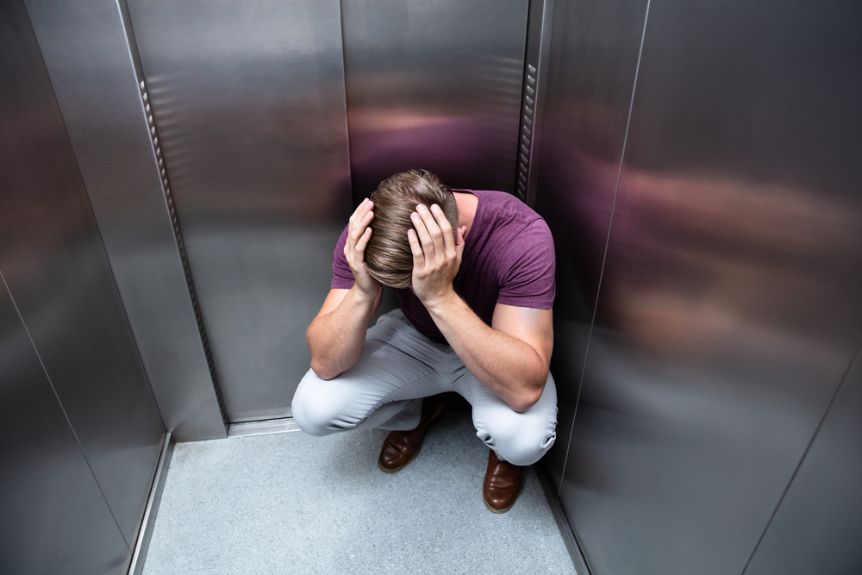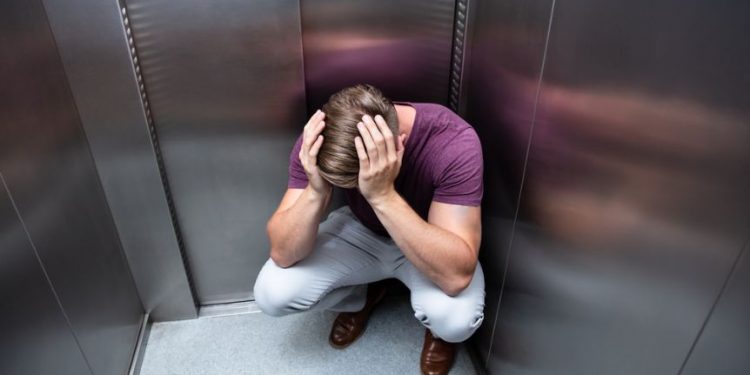Symptoms of agoraphobia include extreme fear and anxiety. People with this disorder fear situations where they cannot escape. The fear can be triggered by many things, including a panic attack. Some people also have a fear of falling or being in a situation where they cannot get help. Often, agoraphobia symptoms include sweating and a rapid heart rate. It may also be difficult for someone with agoraphobia to leave the home, go shopping, or even go to the grocery store.
There are several different symptoms of agoraphobia, but some of the most common include chest pain, numbness, and a racing heart. If you have agoraphobia, it’s important to see a physician. They can diagnose you with agoraphobia and make recommendations for medication and therapy. It is also important to learn how to take care of yourself and avoid the situations that trigger your anxiety.
In order to diagnose you, the doctor will ask you a series of questions about your medical history. They will also look for signs that another mental health disorder may be causing your symptoms. You may need to take blood tests or other tests to rule out physical causes. Having these tests can also help determine if you have another disorder that causes your symptoms, such as post-traumatic stress disorder or social anxiety disorder.
If you have a history of anxiety, you are more likely to develop agoraphobia. Often, anxiety is triggered by stressful experiences or a traumatic event. The symptoms of anxiety can include a feeling of being on edge, a lack of energy, and feelings of low self-esteem. Other symptoms include a desire to escape from situations and avoidance of social interactions.

Agoraphobia is an anxiety disorder that causes a person to avoid certain situations, such as a public place, being alone, or a person they think might hurt them. Agoraphobia is often related to post-traumatic stress disorder or other anxiety disorders. A person who is diagnosed with agoraphobia may also be diagnosed with other anxiety disorders, such as claustrophobia.
Symptoms of agoraphobia can include a fear of crowded areas, such as shopping malls. People who have agoraphobia are also likely to avoid working or having friends. They may also experience hyperventilation or chest pain, a rapid heart rate, or a feeling of suffocation. They may also avoid places where a panic attack may happen, such as a train station or a bus.
A proper diagnosis of agoraphobia requires a visit to a psychiatrist or psychologist. Some therapists may be able to meet with you through video or telephone. Others may offer to meet in your home. The most effective treatment for agoraphobia is to take medication and to learn how to cope with your symptoms. The medication helps to lower your anxiety, and the therapy helps to teach you to recognize your thoughts that trigger your anxiety. The therapy may take a few weeks or a year, but it will help you to learn how to react in a more productive way.









